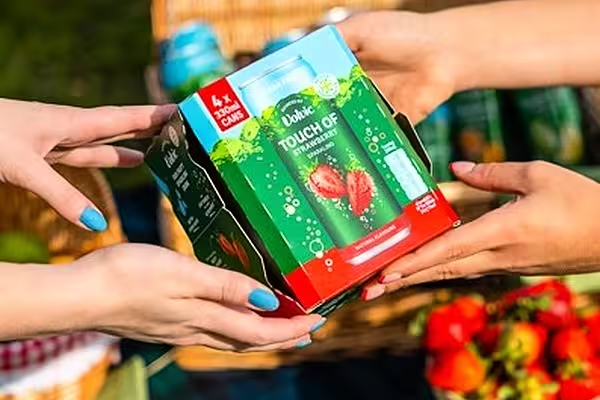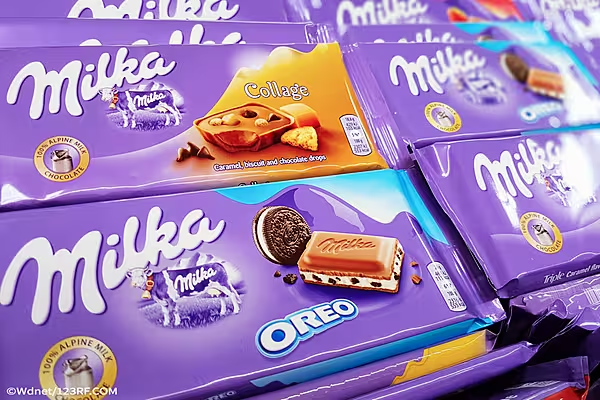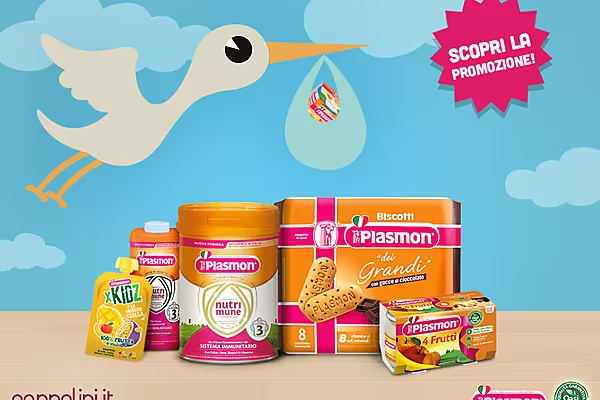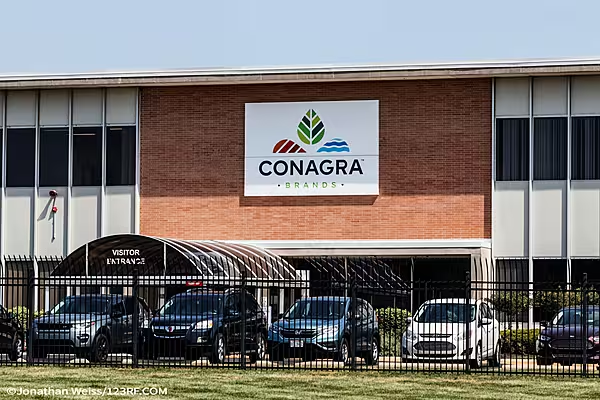Research carried out by international sustainability strategy and creative agency, Futerra on 2,171 Generation Z consumers in the UK, the US, South Africa and India, has revealed that 84% of them don’t believe that brands are honest or honest enough about how their factory workers are treated, 79% believe they are not honest about how environmentally-friendly their products are, 75% believe they are not coming clean about how healthy their products are, and 67% feel they are not being straight with the public about product safety. A whopping 98% believe that brands have a responsibility to make positive change in the world.
The research findings were presented at the Checkout Conference - 2020 Vision – Sustainable Growth for a New Decade, which took place on 4 February in the Intercontinental Hotel in Ballsbridge, Dublin, and focused on how the drive to create a more sustainable world will set the agenda for grocery retailing in Ireland over the coming decade. Some of the key takeaways from The Checkout Conference 2020, which was celebrating its 42nd year in 2020, also heard from Noel Smith, founder and managing director, Fresh the Good Food Market, Gordon Lawlor, managing director, Circle K Ireland, Joanne Mellon, logistics director, BWG Foods, Mark McCulloch, proprietor of premium brand and marketing strategists, Supersonic Inc, Ivan Baxter, head of regulatory and scientific affairs, Nestlé UK and Ireland, Regan James Leggett, executive director, Thought Leadership and Foresight, Global Markets – Nielsen, and Laura Jacobson, head of insight, UK retail, with IGD.
Sustainability Goals
Ivan Baxter of Nestle UK and Ireland, talked about his company’s commitment to make 100% of its packaging recyclable or reusable by 2025 and the likely shape of consumer packaging in the future, while Joanne Mellon of BWG Foods also focused on the sustainability initiatives that her company had introduced across its entire operation, with a particular emphasis on their becoming the first FMCG company to deploy CNG trucks as an integral part of their supply chain.
Gordon Lawlor of Circle K Ireland looked at how the forecourt of the future is likely to develop and at the impact that the growth of electric vehicles will have on the forecourt convenience retail model.
Noel Smith of Fresh the Good Food Market, which recently secured a €10 million investment from BWG Foods, who took a 38% stake in the upmarket grocery chain, talked about how he would growth sustainably over the next decade.
He outlined his plans for a new store in Dublin’s docklands, called Dublin Landings, to add to his current portfolio of six stores in Dublin.
Retailers and FMCG brand managers were asked which of the major supermarkets were responding best to consumer demand for vegan products and 32% said that SuperValu was doing the best job of catering for this growing sector of the market, with Tesco running them a close second on 26.8%.
While 32% of delegates said that their businesses were quite advanced in their preparations to meet the challenges posed by the sustainable retailing agenda over the next five to 10 years, a worrying 46.4% said that they were only in the early stages of their preparations.
When it comes to the retailer that is positioned to grow the most over the next five years, Aldi came out on top with 33%, Dunnes also scored well with 22.3%, while Lidl came a close third with 21.3%.
One of the most impressive results of the delegate voting was the response to the question, ‘which supermarket do you think puts its money where its mouth is and actively supports Irish producers the most?’ SuperValu came out on top by a massive margin with a 66.7% score, with Lidl at distant third on 12.5% followed by Tesco on 8.3%.
Recent research from Kantar reveals that over three quarters of UK grocery shoppers switch avoid or boycott brands because of their environmental policies, with younger consumers more likely to engage in this behavior. Our delegates were asked which retailer – Tesco, Dunnes Stores, SuperValu, Aldi, Lidl or Spar – has responded best to the demands of the socially responsible shopper.
Discounter Lidl came out on top with a whopping 33.7, with SuperValu coming second on 24.4%, and Tesco claiming third place with 18.6%.
Waitrose & Partners introduced its packaging free pilot project, Waitrose Unpacked, to a number of its stores in the UK last year. Checkout asked delegates which Irish grocery retailer was best placed to embark on a similar initiative in 2020. Interestingly, Lidl came out on top again, with 27.1% of delegates giving it the top score. It was followed closely by Dunnes Stores on 23.5%.
Regan James Leggett of Nielsen UK told delegates that by 2025, there will be 156.6 million people in the world over the age of 65 – that’s 21% of the global population. By 2028, women will control 75% of discretionary spend worldwide.
In Ireland, we will have 830,000 people over the age of 65 by 2025, so they will represent a significant part of the consumer spending landscape, as will women who, by 2028, will control 75% of discretionary spend worldwide.
'Startling Statistics'
Mark McCulloch, proprietor of premium brand and marketing strategists, Supersonic Inc, treated delegates to an entertaining presentation full of tips on how to market their products to the over 65s, women, millennials, Gen Zs and other cohorts in the 21st century. He also presented some startling statistics about how social media is continuing to change how consumers interact with brands.
For example, he told delegates that “the best place to hide a dead body is page 2 of Google search results" and that “52% of all product searches in the UK start on Amazon, not Google!’ He advised delegates to dedicate 8% to 10% of their turnover to their marketing budget and to use 80% of that in digital.
“The drive to make our world a more sustainable place to live in, one that is kind to the environment, has been taken to the next level,” said Maev Martin, editor, Checkout magazine. “Today we heard some of the most progressive and influential voices on sustainable retailing, ethical and responsible shopping, and the creation of an eco-friendly supply chain.
What our conference speakers highlighted today is that, for FMCG companies and retailers, the agenda has now broadened and, as well as the reduction or eradication of plastic packaging, it now includes a wide range of areas such as health eating, sustainable store design and construction, the movement towards veganism and the implications for the meat industry, the integrity of the supply chain, and food provenance.”
A lively discussion panel at towards the end of the conference featured some of the most progressive and influential voices on sustainable retailing, including Eleanor Meade of Meade Potato Company and Sian Young, Senior Sustainability Manager with Britvic Ireland.
Almost 200 senior industry executives from a wide range of retail and FMCG companies attended the Checkout Conference 2020, including Aryzta Bakeries Ireland, LIDL Ireland, Ornua Foods International, Nielsen, Bank of Ireland, Accenture, AIB, Astron Engineering, Clear Channel Ireland, Country Crest, CPM, Diageo Ireland, FoodCloud, Fresh The Good Food Market, Henderson Technology, IGD, Imperial Tobacco, Independent College, Kantar Worldpanel, McCann Dublin, Meade Potato Company, Nestlé UK & Ireland, Philip Morris, Sherwin O'Riordan, Smurfit Kappa Display, The Maxol Group, TU Dublin and Valeo Foods, Supersonic Inc, PML Group, PepsiCo Ireland, GS1, Bord Bia and Weber Shandwick.
© 2020 Checkout – your source for the latest Irish retail news. Click subscribe to sign up for the Checkout print edition.









